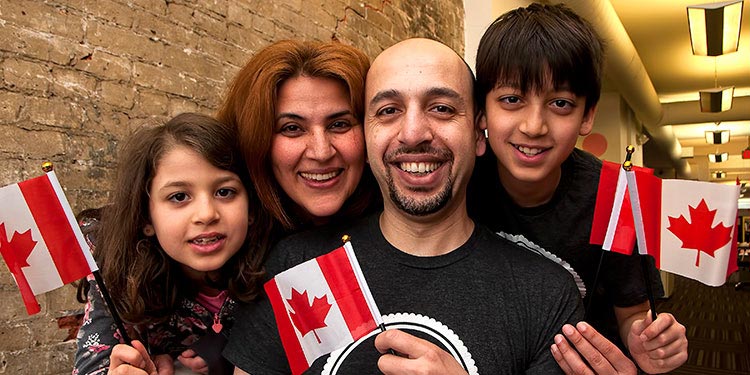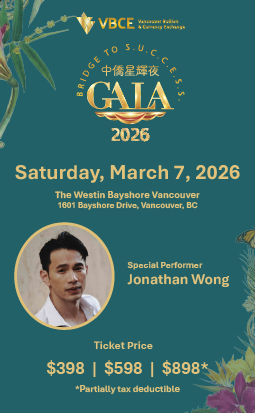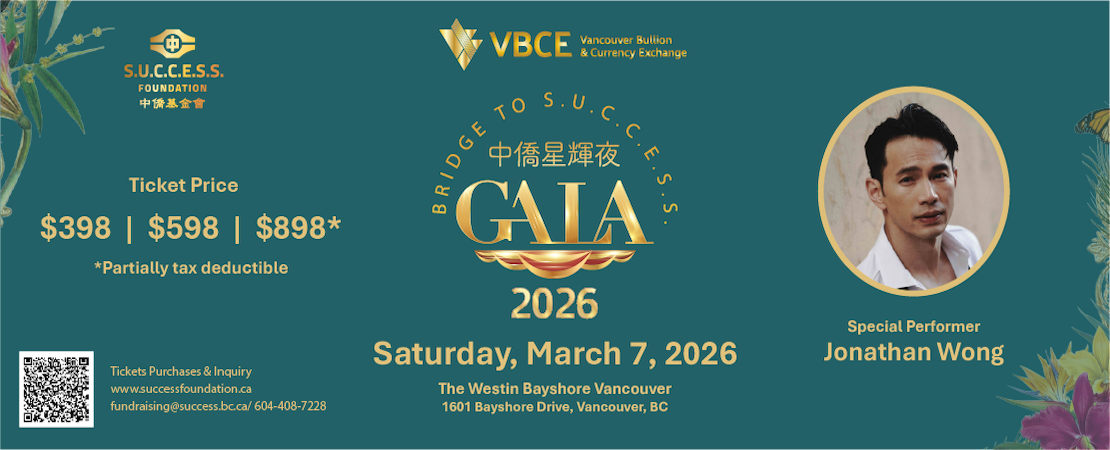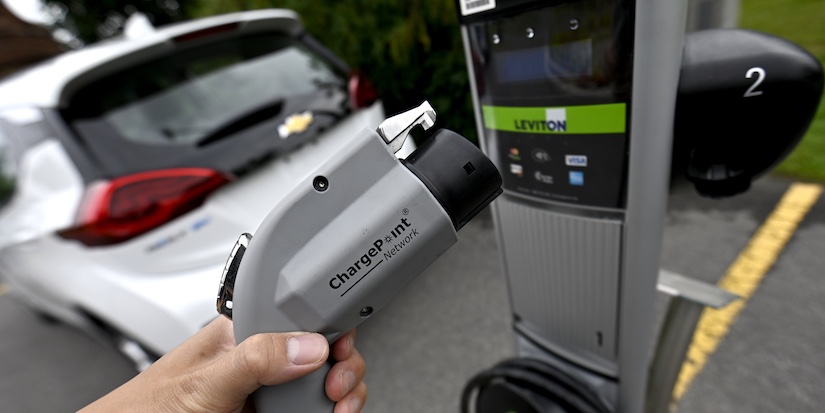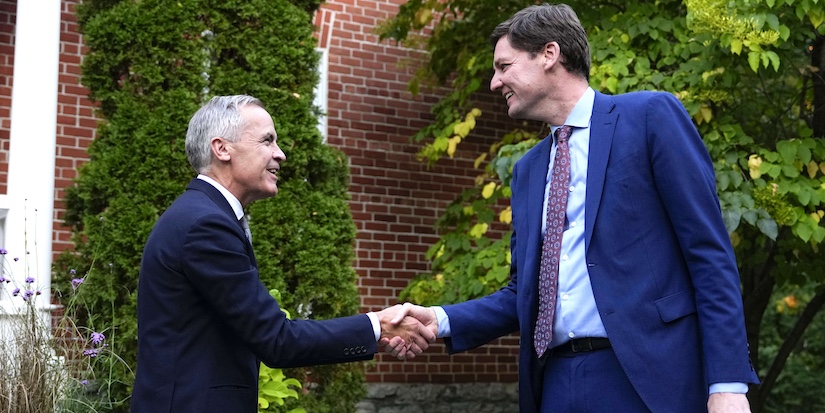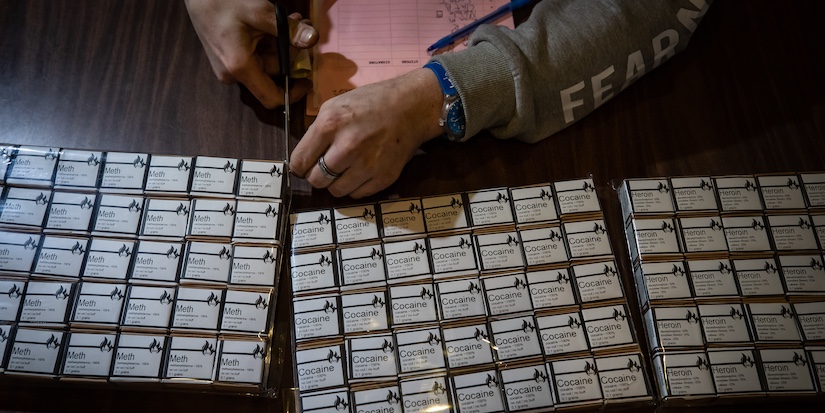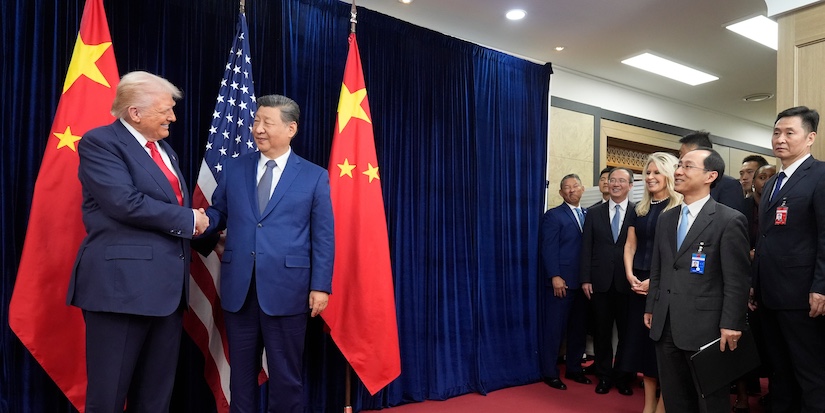Arts & Culture
Saying yes to opportunity in Canada
When Hussein Hallak, his wife Rama and their two
children, Zain and Julie, first came to Canada three years ago, looking for a
neighbourhood to live in, the settlement agents told him, “Most of your
community lives in Richmond or Burnaby.”
But Hallak replied, “We don’t want to live with our community. We want to integrate with theCanadian community. If we went to live among the areas with a lot of Arabs, sure it’s easier at the start but it means you’re going to have it difficult later. My wife and I realized that no, we don’t want to have it easier at the start. We want to be where it is the most Canadian.”
As a
result, the Hallaks went to an area with a great ethnic mix and many Canadians.
“Now, we sit
on the PAC; it’s mostly Caucasian women, one Iranian and there’s us. From day
one when the school invited us, we showed up.”
How would
Hallak delineate Canadian culture?
“Equality.
People care about others. I didn’t expect that. People volunteer of their time
to make things work.”
The lack
of a rigid class system surprised Hallak the most about Canada.
“It
shocked me how people are down-to-earth. That was one of the biggest shocks is
how egalitarian they are. Canadians treat everyone with respect, even the
janitor.”
According
to Hallak, that means people don’t need to be afraid to join in because
acceptance extends to all, regardless of where they come from.
When
asking a class of ESL moms from China, Taiwan and Japan what struck them about
Canadian culture, they came up with the respect with which Canadians treat
others, even their children. They spoke as a group about the welcome to
participate in new things like volunteering at school, the food bank, and
helping neighbours in their adopted country. They said the friends they made
through volunteering helps them and their children succeed in Canada.
What
jumped out at Hallak were Canadians’ inclusiveness. “I heard a lot about the
diversity of Canada. I met a lot of Canadians when I lived in Dubai. They were
a good representation of a country I wanted to be a part of.”
Participating
in Canadian activities can also lead to jobs.
After
volunteering with the non-profit Launch Academy, an incubator for entrepreneurs
like Hallak, he now works as the general manager.
He also
volunteers with SUCCESS, an immigrant services organization, where he works
mainly with Chinese newcomers to help them better integrate into Canadian
culture.
“One of
the key things,” Hallak tells them, “Is that the openness and the invitation to
participate is genuine. Canadians want people to be included. They listen. They
appreciate involvement and inclusion. In Dubai we didn’t have that opportunity.
We craved participation.”
What is
the biggest problem Hallak noticed?
“That’s
what I teach when I go to SUCCESS. Here
it’s not like other cultures, here you have that opportunity to participate.”
Hallak
notices the need for integration, the need to learn Canada’s way of doing
things. He says of other immigrants, “I think, they live as if people here, are
going to act like people from back home. I was telling the guys at SUCCESS,
Chinese culture is about blending in, not shining, not stepping up. Here, that
takes away from your power. I said you need to be participating.”
Now, three
years after Hallak’s arrival in Canada does he have any advice for immigrants?
“Participate.
Here, in Canada, my answer when I’m asked to do something is always, yes. Even
if it is inconvenient to you, even if it is not your culture, start saying
yes.”
